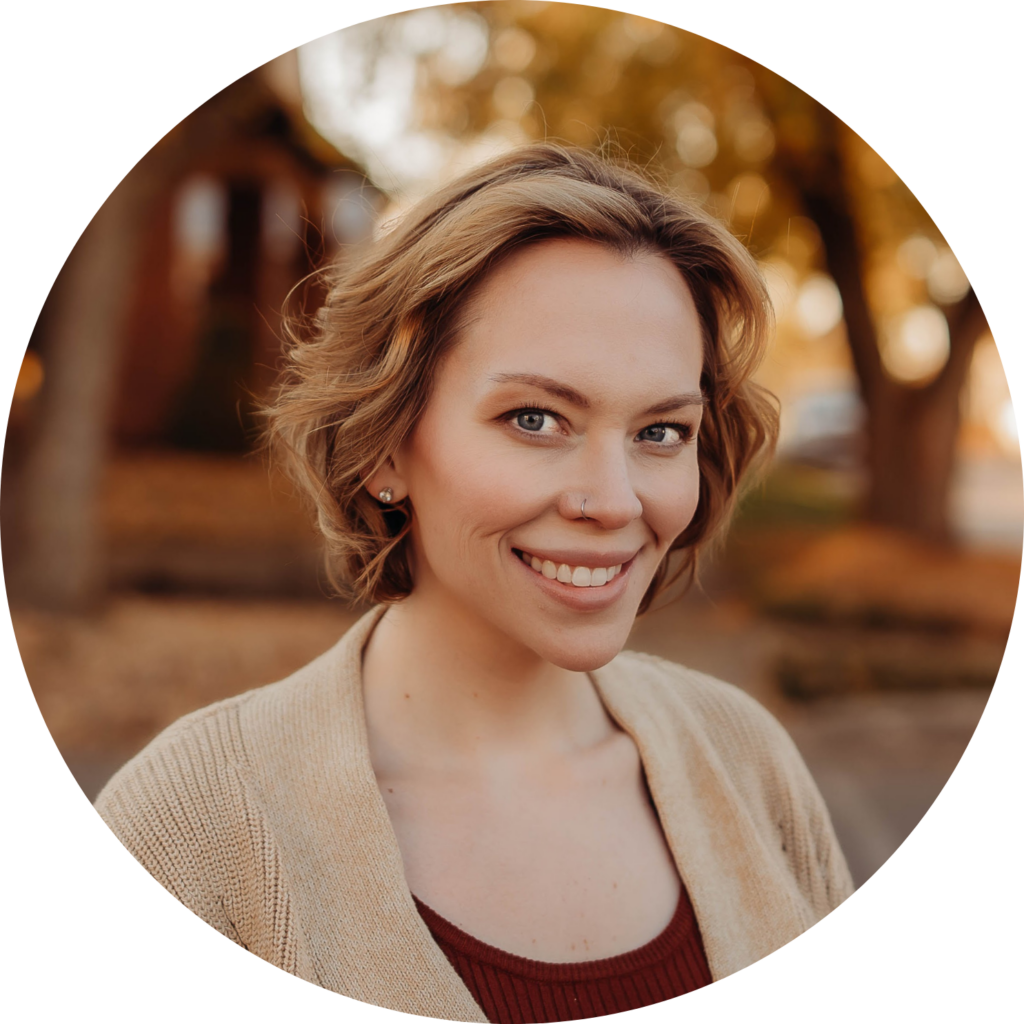
by Stephanie Wicker
When I embarked down the road of solo parenting by choice, I knew I was missing a very important piece of the puzzle: sperm. As a “social infertile,” my first step of investigation was researching sperm banks. I will readily admit that I knew absolutely nothing about the ethics of commercial cryobanks. I just knew I needed sperm, so I did what any millennial does: jumped onto Google to research sperm banks.
First Stop: The Internet & Cryobanks
Through my very lazy Google search, I stumbled upon one of the major cryobanks and saw they were currently running a sale (I cringe now looking back) that offered customers a free vial when you purchased three fully anonymous vials at regular price. Being cost-savvy, I jumped on this special and purchased four vials of a donor who seemed like my ideal candidate, although my understanding of factors to consider when selecting a donor was admittedly shaky at best.
As my vials sat in storage, I began delving deeper into donor conception, particularly groups on Facebook that supported donor conceived best practices. At first, I was shocked at the things I read. I had no idea donor conceived individuals were such a marginalized group, but sorting through posts expressing grief, loss, or frustration associated with being donor conceived opened my eyes to the ethical issues of our current fertility practices.
The more I read, the clearer it became that I could not use the anonymous donor sperm I had previously purchased. If I could not find a known donor open to contact from the start, I did not feel comfortable using donor sperm at all. While my desire to be a parent was incredibly strong, I could not consciously make decisions that would very likely give rise to issues for my child down the road. I had learned too much to go through with using anonymous donor sperm.
As I started the search for a known donor, the reality of this human being making up half of my potential donor conceived offspring became very clear for me. Instead of considering only things like height and education, I knew I needed to look beyond the limited health and demographic information provided by commercial cryobanks.
Stephanie Wicker
My Factors in Selecting a Known Donor
Back to the drawing board I went, unsure of where to start. My search through commercial cryobanks had mainly centered around the donor’s height, educational background, and other tangible criteria that was listed in each donor profile. However, as I started the search for a known donor, the reality of this human being making up half of my potential donor conceived offspring became very clear for me. Instead of considering only things like height and education, I knew I needed to look beyond the limited health and demographic information provided by commercial cryobanks.
Factor 1: Known from Birth
My first non-negotiable factor was that my potential known donor needed to be open to being known by my child from birth. As a solo mother by choice, I didn’t want someone to be involved in the day-to-day parenting or the sharing of custody. However, I wanted my donor conceived child(ren) to know the other half of their genetics before the age of 18. I envisioned regular meetups, exchange of photos, and health updates from infancy. To me, a video recording or letter from my donor was not enough to give my child; if they had questions, I wanted to be able to say, “I’m not sure, but let’s text your bio dad.”
Factor 2: The Donor’s Motivations
My second consideration when choosing a known donor was his motivation for donating. In today’s world of serial donors and extremely large sibling pods, I wanted to know my known donor was coming from a place of altruistic motivation rather than a fetish or desire to produce a large number of genetic offspring.
While I acknowledge that there are no guarantees with using a known donor, I felt that being able to talk with my potential donor and ask specific questions over a period of time would help me better understand him and his motives. I am generally a good judge of character and trust my gut when it comes to understanding others; therefore, I trusted my intuition to find any red flags while getting to know any potential known donors. With a commercial donor I would have to rely on staff impressions and generic forms, but using a known donor would give me more insight into his motivations and character.
Factor 3: A Small Number of Donor Conceived Siblings
The third factor that was very important to me was a small sibling pod for my donor conceived child(ren). One of the things that turned my stomach when learning about commercial cryobanks was their lack of regulation and oversight regarding family limits and the size of donor sibling pods. I did not want my child to be one of 50+ half-siblings scattered across the world; I wanted them to know their half-siblings and have the ability to form close relationships with them if they desired.
Knowing prior to conceiving that I would provide opportunities for face-to-face connection with my child’s half siblings, I selfishly did not want the complicated potential of coordinating meetups with a dozen other families. Further, I knew that my child’s emotional capacity to form connections with 50 or more siblings was nearly impossible, so I wanted to ensure a known donor agreed with keeping their donor offspring pod to less than five families. Again, there are no guarantees, but I trusted my intuition and our legal framework to give as much assurance as possible that my wishes would be honored.
Factor 4: Legal Compliance and Protections
Finally, another important non-negotiable in selecting a known donor was working with someone who was willing to abide by the fertility and family laws of our states. I knew going into my parenting journey that I did not want to navigate custody battles, shared visitation, or other complex parenting challenges. I had watched too many friends navigate shared parenting and knew I did not want to complicate my life or my child’s by having to co-parent. Therefore, I wanted to do things “by the book” so that there would be no legal ambiguity as to my donor’s responsibilities as a non-social genetic donor.
While I cannot provide any advice regarding navigating the specific laws where others may live, I highly recommend seeking out a lawyer in your area who can provide guidance and documentation to ensure you and your known donor are both protected.
Finding My Known Donor
Ultimately, I found a known sperm donor who checked all the boxes and ended up being a really interesting and empathetic human being as well. I will discuss the process of finding him and what steps we took prior to conception in another post.
Surprisingly, my donor is himself donor conceived and therefore understood many of the challenges donor conceived individuals face in their unique situations. I especially loved this about him because I felt he would be more likely to remain open to my child in the future regarding ongoing contact and connection. He was willing to be known from birth and only donated to two other families, one with which we have regular contact. His motivation was giving back to the world as he felt his biological father did in donating. He wanted to give families the opportunity to be parents while still being available and present in the lives of his genetic offspring.
As I have navigated parenting a donor conceived child over the past three years, I have zero regrets about using a known sperm donor. Nothing makes me happier than knowing my child has access to both sides of his genetics and is growing up with a strong sense of self, surrounded by both maternal and paternal relatives. While I know the inevitable “Why doesn’t my dad live here?” or “Why don’t I have a dad like xxx?” questions will come up, I am confident that we will navigate those with understanding and curiosity rather than secrecy and shame. I enjoy sharing our unique family story with others and encourage everyone thinking about using donor gametes to consider a known donor because I have seen firsthand the beautiful family structure that can result from known donation.

Stephanie is a nurse practitioner and solo mother by choice. Listening to the voices of donor conceived individuals led her to use a known donor rather than an anonymous donor as planned. Stephanie welcomed her son in June 2021. They live in the Midwest and regularly visit with his paternal family. Outside of work and advocacy, Stephanie is an avid hiker and travel lover.
Top image by Jens Lelie via Unsplash
